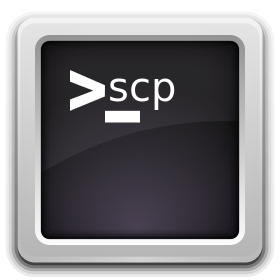Find big directories using du and egrep
Here’s a simple script I’m using to locate big directories (larger than 1GB): du -h | grep “^ *[0-9][0-9.]*G” Alternative is ncdu apt install ncdu run: ncdu NCurses Disk Usage Ncdu is a disk usage analyzer with an ncurses interface. It is designed to find space hogs on a remote server where you don’t have […]
Find big directories using du and egrep Meer lezen »




